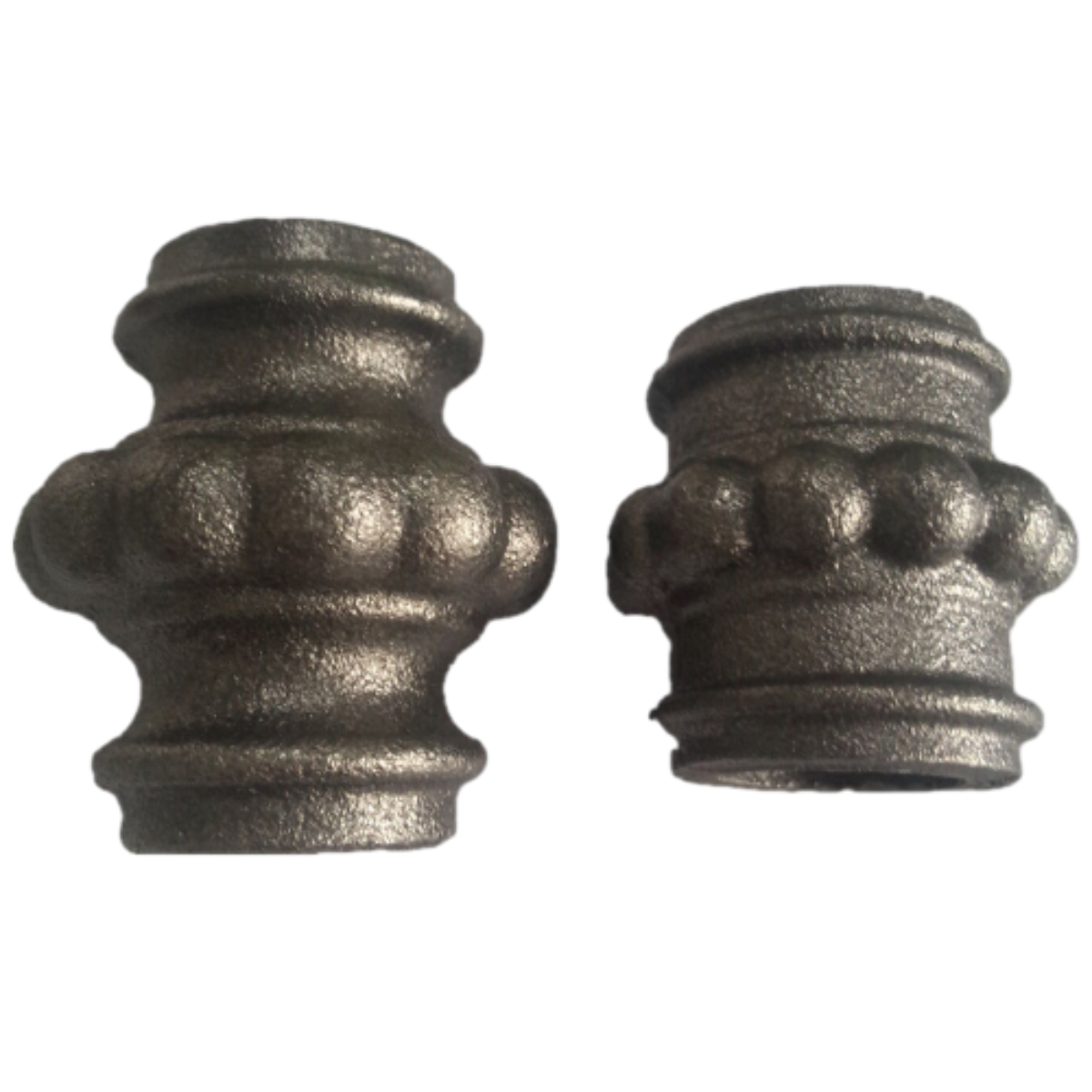Exploring the Essential Characteristics of Iron and Its Applications in Various Industries
The Qualities of Iron A Fundamental Element in Our Lives
Iron, one of the most abundant elements on Earth, is an essential part of our daily lives, influencing everything from the structural integrity of buildings to the biological processes within our bodies. This remarkable metal possesses a range of qualities that make it invaluable in various applications across multiple fields. Understanding the qualities of iron can help us appreciate its significance in both industry and nature.
Strength and Durability
One of the most notable qualities of iron is its exceptional strength. Iron is known for its robustness, making it ideal for constructing buildings, bridges, and other infrastructure. Structures made from iron or its alloys can withstand immense pressure and resist deformation. This strength is one reason why iron has been a preferred material in construction and engineering for centuries. Steel, an alloy of iron and carbon, enhances these properties even further, providing the backbone for modern architecture and construction techniques.
Malleability and Ductility
Another important quality of iron is its malleability and ductility. Malleability refers to the ability of a material to be deformed under compressive stress, while ductility describes its ability to be stretched into wires without breaking. These properties allow iron to be shaped easily, making it highly versatile in manufacturing. Whether forming thin sheets for automotive bodies or creating intricate components for machinery, iron’s ability to be molded into various shapes is crucial for countless industries.
Magnetic Properties
Iron exhibits remarkable magnetic properties, especially in its pure form. This quality makes it a key material in the production of magnets and various electronic devices. The ferromagnetic nature of iron allows it to be magnetized, providing the basis for technologies ranging from electric motors to transformers. The ability of iron to retain its magnetic properties, combined with its other physical characteristics, underpins a multitude of applications in electrical engineering and electronics.
iron qualities

Corrosion Resistance
Although iron is prone to rust when exposed to moisture and oxygen, advancements in metallurgy have led to the development of various coatings and treatments that enhance its resistance to corrosion. Stainless steel, for instance, is an alloy that contains chromium, which forms a protective layer on the surface. This quality has significant implications for both everyday items like kitchen utensils and large structures such as bridges and pipelines, allowing them to withstand harsh environmental conditions without deteriorating quickly.
Biological Importance
Iron is not only crucial in industry but also plays a vital role in biological systems. It is an essential element for all living organisms, primarily serving as a key component of hemoglobin, the protein responsible for transporting oxygen in the blood. Deficiencies in iron can lead to health issues such as anemia, highlighting its importance in nutrition. Furthermore, iron is involved in various biochemical processes, including energy production and DNA synthesis, demonstrating its multifaceted role in sustaining life.
Environmental Impact
While iron is immensely beneficial, its extraction and processing can have significant environmental impacts. Mining activities can lead to habitat destruction, pollution, and resource depletion, necessitating sustainable mining practices and recycling initiatives. The growing awareness of environmental issues has encouraged researchers and industries to find greener alternatives for iron usage, promoting recycling and the development of innovative materials that combine iron with other elements to enhance performance while reducing ecological footprints.
Conclusion
In summary, the qualities of iron — its strength, malleability, magnetic properties, resistance to corrosion, and biological significance — underscore its essential role in various sectors. From the construction of sturdy infrastructures to its critical function in our own bodies, iron is a foundational element that impacts our lives daily. As technology advances, understanding and leveraging the qualities of iron will remain imperative in fostering innovation while addressing the sustainability challenges of the future.
-
Wrought Iron Components: Timeless Elegance and Structural StrengthNewsJul.28,2025
-
Window Hardware Essentials: Rollers, Handles, and Locking SolutionsNewsJul.28,2025
-
Small Agricultural Processing Machines: Corn Threshers, Cassava Chippers, Grain Peelers & Chaff CuttersNewsJul.28,2025
-
Sliding Rollers: Smooth, Silent, and Built to LastNewsJul.28,2025
-
Cast Iron Stoves: Timeless Heating with Modern EfficiencyNewsJul.28,2025
-
Cast Iron Pipe and Fitting: Durable, Fire-Resistant Solutions for Plumbing and DrainageNewsJul.28,2025
-
 Wrought Iron Components: Timeless Elegance and Structural StrengthJul-28-2025Wrought Iron Components: Timeless Elegance and Structural Strength
Wrought Iron Components: Timeless Elegance and Structural StrengthJul-28-2025Wrought Iron Components: Timeless Elegance and Structural Strength -
 Window Hardware Essentials: Rollers, Handles, and Locking SolutionsJul-28-2025Window Hardware Essentials: Rollers, Handles, and Locking Solutions
Window Hardware Essentials: Rollers, Handles, and Locking SolutionsJul-28-2025Window Hardware Essentials: Rollers, Handles, and Locking Solutions -
 Small Agricultural Processing Machines: Corn Threshers, Cassava Chippers, Grain Peelers & Chaff CuttersJul-28-2025Small Agricultural Processing Machines: Corn Threshers, Cassava Chippers, Grain Peelers & Chaff Cutters
Small Agricultural Processing Machines: Corn Threshers, Cassava Chippers, Grain Peelers & Chaff CuttersJul-28-2025Small Agricultural Processing Machines: Corn Threshers, Cassava Chippers, Grain Peelers & Chaff Cutters












